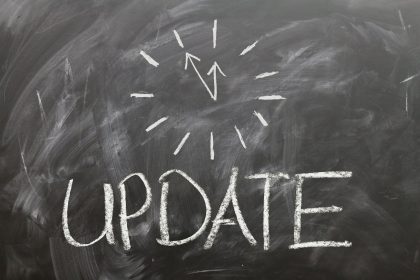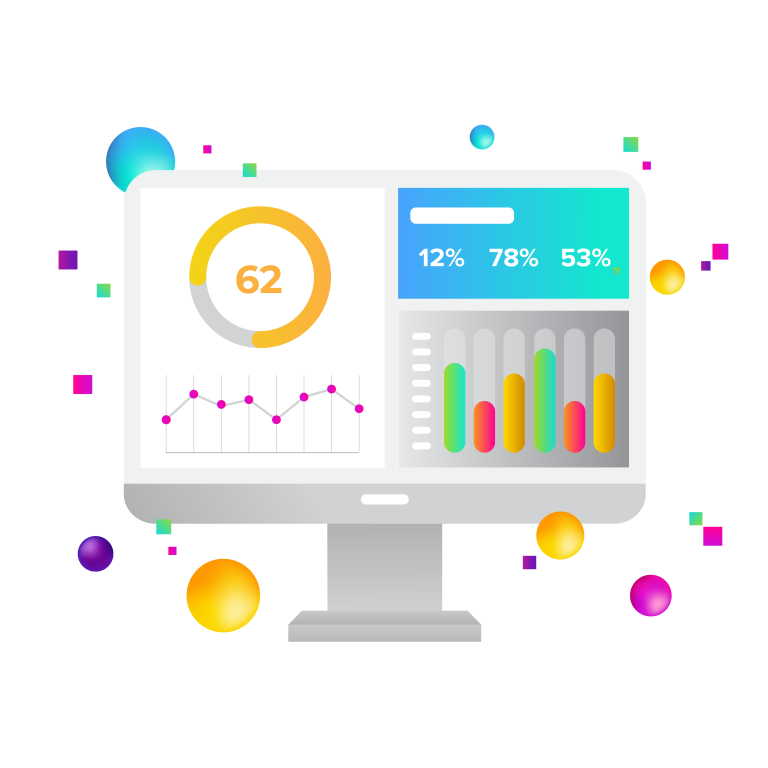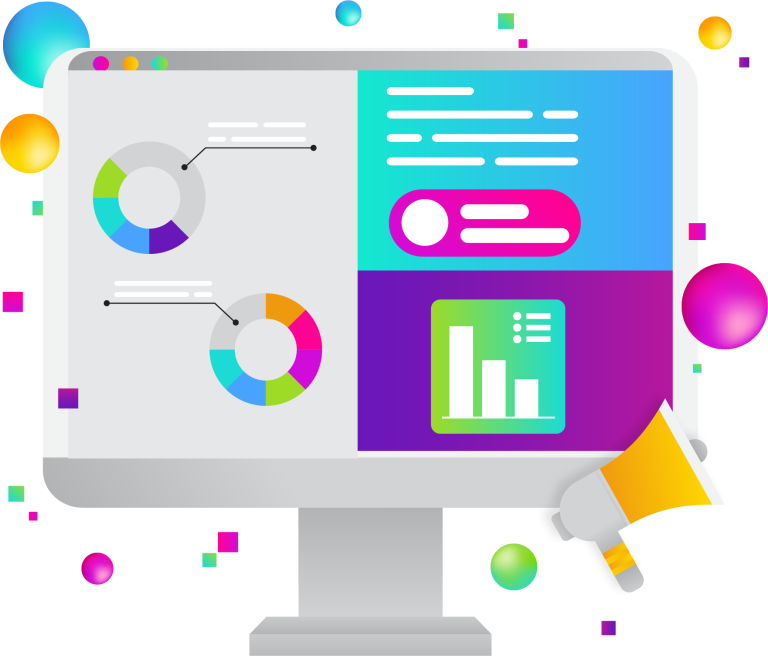PHP is a flexible web development language that many web platforms run on, including most notably WordPress and Drupal. It is used by over 78% of all the websites that use a server-side programming language. Running your websites on the latest stable version of PHP is vital for security and performance.

PHP is managed by a global team of developers who maintain, update, and correct the language in stable version releases.
Each version of PHP is actively supported for two years after the initial release date, and receives regular improvements, bug fixes, and any needed security patches.
After two years, a PHP version will stop receiving improvements and bug fixes and will receive only critical security updates.
After three years, the old PHP version no longer receives updates, making it unsupported and no longer secure.
Active security support for PHP 7.4 ends on November 26, 2022. It’s time to upgrade your website to run on the latest recommended version.
A PHP Update is a Performance Upgrade
An easy way to improve your website’s performance and security is to update to the latest PHP version. You’ll need your hosting provider to do that.
In upgrading a WordPress website from PHP 5.6 to 7.2 we saw speed improvements of up to 40%. From version 7.2 to 7.3, there were as much as 15% faster page transaction times and then with 7.4, we have seen a 10% performance improvement after upgrading. In raw numbers (perfect lab conditions with a vanilla WordPress install) PHP 8 is 67% faster, and 8.1 is even faster!
Website Coding and Testing is Required Too
The “end-of-life” process is a standard part of the PHP cycle. Once a version has reached end of life, PHP stops providing security support for it and it is no longer secure enough to remain on web servers.
Your website host should have plans in place to update PHP on your server and should notify you well in advance of when this update will occur. Upgrading PHP is not the only upgrade that’s required.
Prior to this update, your website will need updating to ensure your website is receiving performance benefits as well as to prevent any issues from developing. A new version of PHP combined with a two-year-old version of WordPress will create issues for your website performance.
Your web development agency, or in-house web development team, will need to install your website on the newer version of PHP and then regression test the website to understand how the website’s code, either core or plugins, need to be changed to work in the newer version of PHP.
This application upgrade time is not the responsibility of your host, but of your web developer. It is also something you should expect to pay for. The time each website or web application takes to be ready for the target upgrade version of PHP is unique to that website or application.
What Do I Do Now?
Check with your website hosting company about their plans to upgrade the servers in anticipation of the November 26 end-of-life event. They should be able to give you a date by which your website needs to be evaluated and upgraded as to have no negative effects once the PHP script is updated from 7.4 to 8.x+.
With November being the “end-of-life” for PHP 7.4, now is the time to start upgrading to PHP 8. Not only because you don’t want to find your website running on unsupported software, but because of all the performance benefits you will receive.
If your current host doesn’t support PHP 8.0, we strongly encourage you to seek out new hosting. And, if you need help getting your website updated so that you don’t have any issues when your server is updated, we can definitely help.


